
Esg | Financial Services | Human Rights
Human Rights Roadmap for Transforming Finance
The Human Rights Roadmap for Transforming Finance report elaborates on the call to action set out in the UNGPs, highlighting key areas where progress is needed to tackle global challenges and contribute to new systems grounded in respect for human rights.

Healthcare
Tailoring Mental Health Efforts for Low-Income and Frontline Workers
Mental health issues that were exacerbated by the COVID-19 pandemic persist among American workers. Our members discussed how employers have effectively advanced mental well-being and resilience for their most at-risk employees.
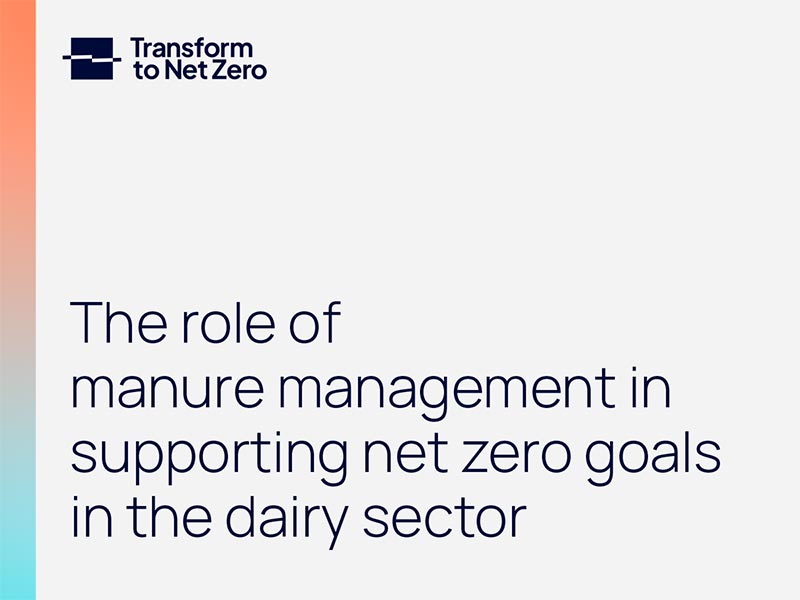
Climate Change | Food, Beverage, And Agriculture
The Role of Manure Management in Supporting Net Zero Goals in the Dairy Sector
This report, prepared by the Dairy Subgroup of Transform to Net Zero, presents strategies for how companies across the livestock supply chain can meet methane reduction targets by accelerating the use of existing manure management technologies.

Human Rights | Technology
Human Rights Impact Assessment on Meta’s Expansion of End-to-End Encryption

Women’s Empowerment
Generation Equality Forum: Stepping Up for Women and Girls
The private sector has the responsibility to drive transformative progress for women and girls around the world, and through the Generation Equality Forum in 2021, companies stepped up to take concrete action. This report provides an overview of private-sector commitments, highlighting exciting new investments and remaining gaps in efforts needed to achieve gender equality. A total of 48 private sector actors made commitments and pledged US$17.5 billion.

Human Rights
Corporate Action to End Gun Violence
BSR’s Toolkit for Corporate Action to End Gun Violence was developed in collaboration with Everytown for Gun Safety. Gun violence is a national issue in the US. Due to the pervasiveness of gun violence, businesses, their employees, business partners, and customers are all likely to have been impacted by the issue at some point. While many companies see the issue of gun violence as falling outside their sphere of responsibility and influence, companies can and should take action to protect their employees, consumers, and the communities they operate in.

Human Rights
Human Rights Assessments: Identifying Risks, Informing Strategy
According to the UNGPs, companies should identify and assess any actual or potential adverse human rights impacts to gauge human rights risks. BSR shares its human rights assessment methodology to help with this important first step of human rights due diligence.
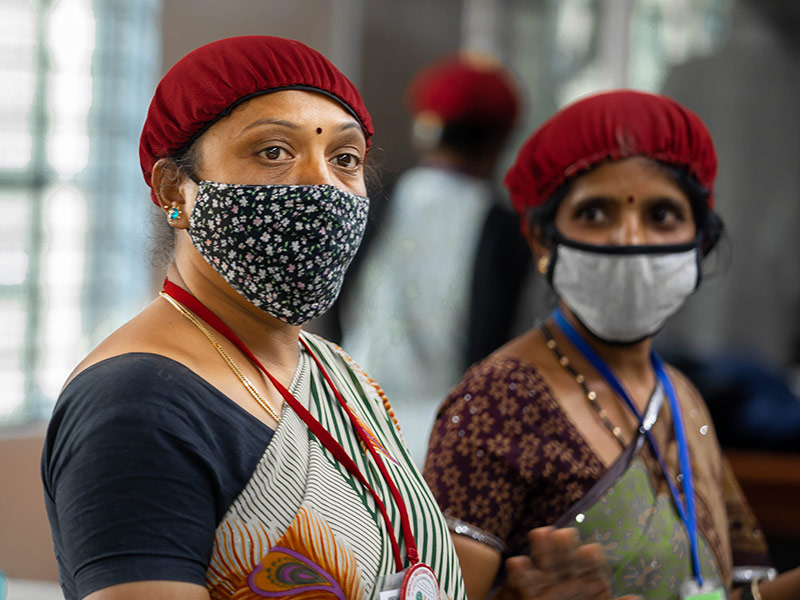
Consumer Products | Inclusive Business
Keeping Workers in the Loop
From automation to climate disruption, this report considers the impact of a changing industry context and dynamics on workers and offers recommendations to industry and policymakers on creating a just, fair and inclusive circular fashion system.

Collaboration | Supply Chain
Action for Sustainable Derivatives: Annual Update on Progress, 2021
The latest update from Action for Sustainable Derivatives (ASD), BSR's collaborative initiative driven by palm oil derivatives users to transform their supply chains, shows that a centralized, collective approach to enhancing transparency, boosting engagement, and identifying risks is working.
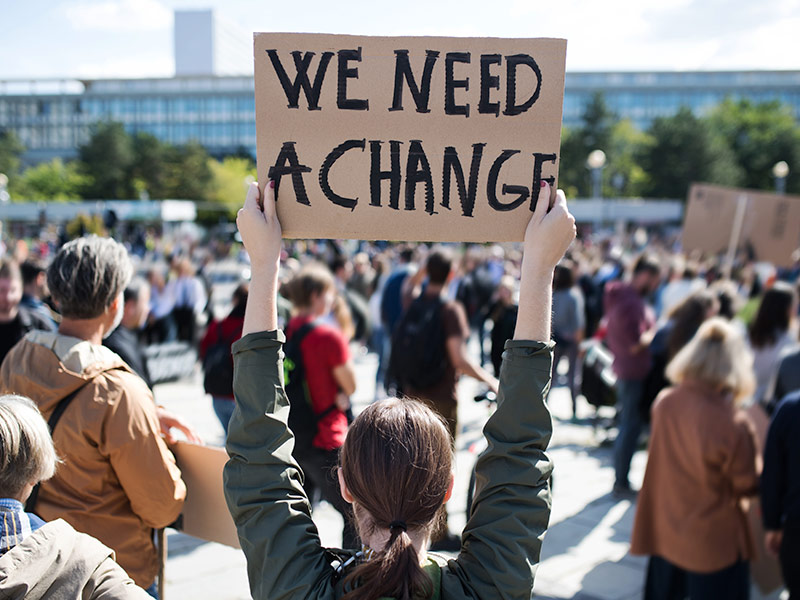
Human Rights
Business in Conflict-Affected and High-Risk Contexts
Complex interplay of social, political, environmental, and economic factors fosters an environment where violence, oppression, poverty, human rights abuses, and state failure are more likely to occur. Businesses that integrate human rights management into strategic decision-making and day-to-day operations will be more resilient to today’s global challenges while addressing some of the social, economic, and environmental drivers of conflict.
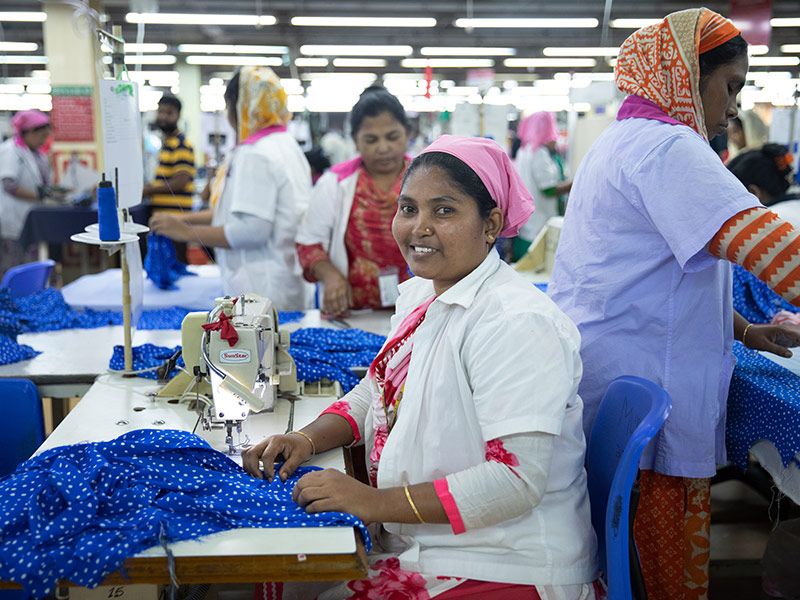
Women’s Empowerment
Within Reach: How Digital Wages That Work for Women Can Support Bangladesh’s Economic Future
This report details HERproject's progress towards wage digitization, three plausible alternative futures to what wage digitization may look like in 10 years, and recommendations for action to strengthening digital payment systems that empowers workers.

Climate Change | Human Rights
Climate Change: Building Resilience While Protecting Human Rights
This report explores the intersection between climate and human rights and makes recommendations on taking first steps to create long-term, resilient business strategies that address human rights impacts related to physical climate impacts as well as the transition to a low carbon economy.

Financial Services | Human Rights | Sustainability Management
BSR Submission to EU Social Taxonomy Process
BSR's submitted feedback to the EU Social Taxonomy Process, an effort initiated under a mandate from the European Commission Platform on Sustainable Finance to ensure that vital social aspects of sustainability are integrated into the EU’s Taxonomy Regulation.
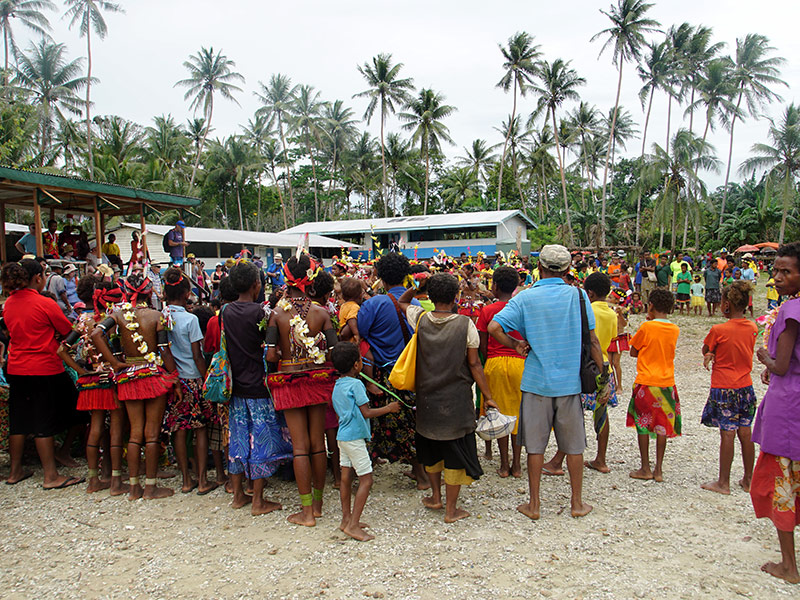
Human Rights
Access to Remedy
After 10 years of implementing the UN Guiding Principles on Business and Human Rights (UNGPs), companies are increasingly expected to address the harms they have caused or contributed to through their business relationships. This brief explains what effective remedy is, the role of business, and five recommendations for companies to improve access.

Collaboration | Human Rights | Supply Chain
Addressing Forced Labor and other Modern Slavery Risks: A Toolkit for Corporate Suppliers
The Global Business Coalition against Human Trafficking (GBCAT) has released a new toolkit that aims to help businesses that work in corporate supply chains to quickly identify areas of the business which carry the highest risk of modern slavery and develop a plan to identify, prevent, and address risks.